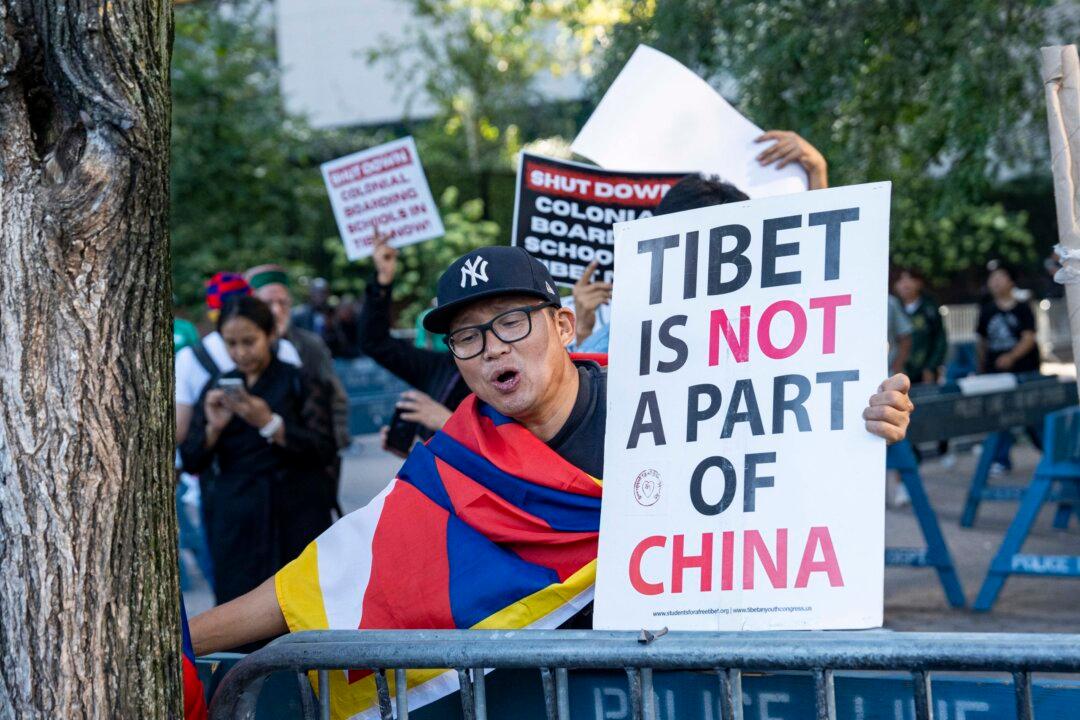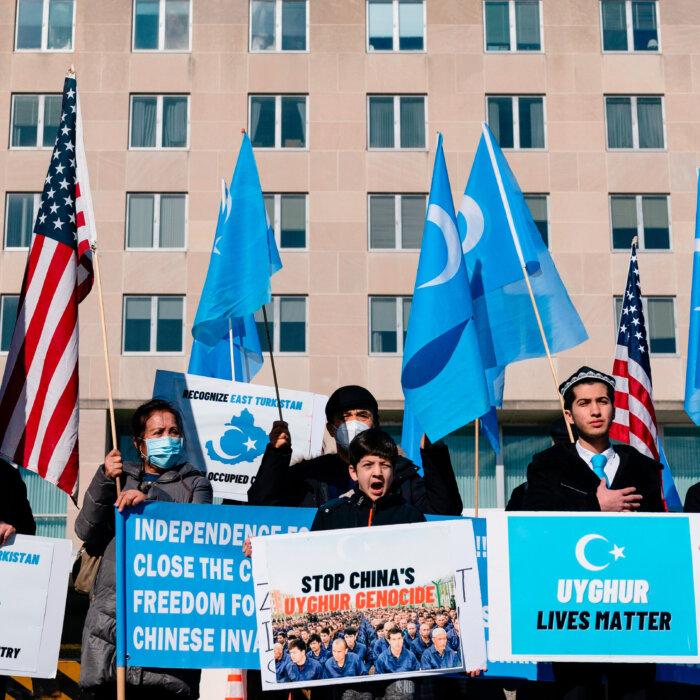Australia’s ambassador to the United Nations, James Larsen, has called on the Chinese Communist Party (CCP) to uphold human rights in Xinjiang and Tibet.
The statement was made on behalf of 15 countries including Canada, Denmark, Finland, France, Germany, Iceland, Japan, Lithuania, the Netherlands, New Zealand, Norway, Sweden, the United Kingdom, and the United States.
It outlines the multiple adverse findings made by various bodies, including an assessment two years ago by the U.N. Office of the High Commissioner for Human Rights, which concluded that serious human rights violations had been committed in Xinjiang, and that the detention of Uyghurs and other predominately Muslim minorities in the province “may constitute international crimes, in particular crimes against humanity.”
Four other U.N. bodies have since made similar findings.
The countries note that, “The Working Group on Arbitrary Detention has issued communications concerning multiple cases of arbitrary detention and enforced disappearances, and over 20 special procedure mandate holders have expressed concern about systemic human rights violations in Xinjiang.”
Special procedures—sometimes called special rapporteurs—are independent human rights experts charged with investigating, reporting, and advising the U.N. Human Rights Council.
Larsen says these reports all rely extensively on China’s own records including evidence in Xinjiang of “large-scale arbitrary detention, family separation, enforced disappearances and forced labour, systematic surveillance on the basis of religion and ethnicity; severe and undue restrictions on cultural, religious, and linguistic identity and expression; torture and sexual and gender-based violence, including forced abortion and sterilisation; and the destruction of religious and cultural sites.”
In Tibet, United Nations human rights treaty bodies and special rapporteurs have detailed the detention of Tibetans for the “peaceful expression of political views; restrictions on travel; coercive labour arrangements; separation of children from families in boarding schools; and erosion of linguistic, cultural, educational and religious rights and freedoms.”
While Beijing has had “many opportunities” to address these concerns, it instead called the High Commissioner for Human Rights assessment “illegal and void.”
The 15 countries call on the CCP to release everyone arbitrarily detained individuals in both Xinjiang and Tibet, and to urgently clarify the fate and whereabouts of missing family members.
“We urge China to uphold the international human rights obligations that it has voluntarily assumed, and to fully implement all U.N. recommendations,” the statement says.
“Transparency and openness are key to allaying concerns, and we call on China to allow unfettered and meaningful access to Xinjiang and Tibet for independent observers, including from the U.N., to evaluate the human rights situation.
“No country has a perfect human rights record, but no country is above fair scrutiny of its human rights obligations,” it says.







